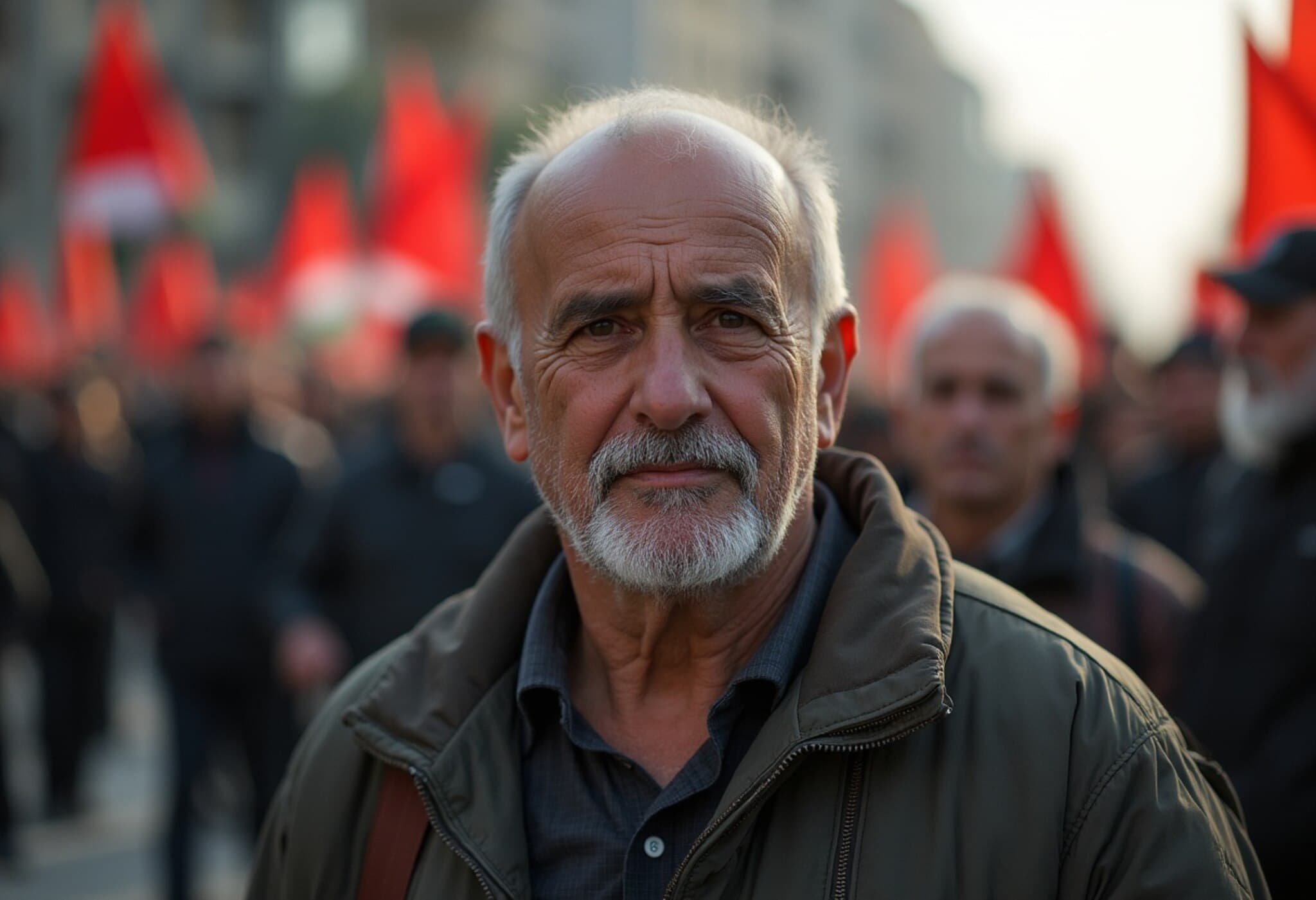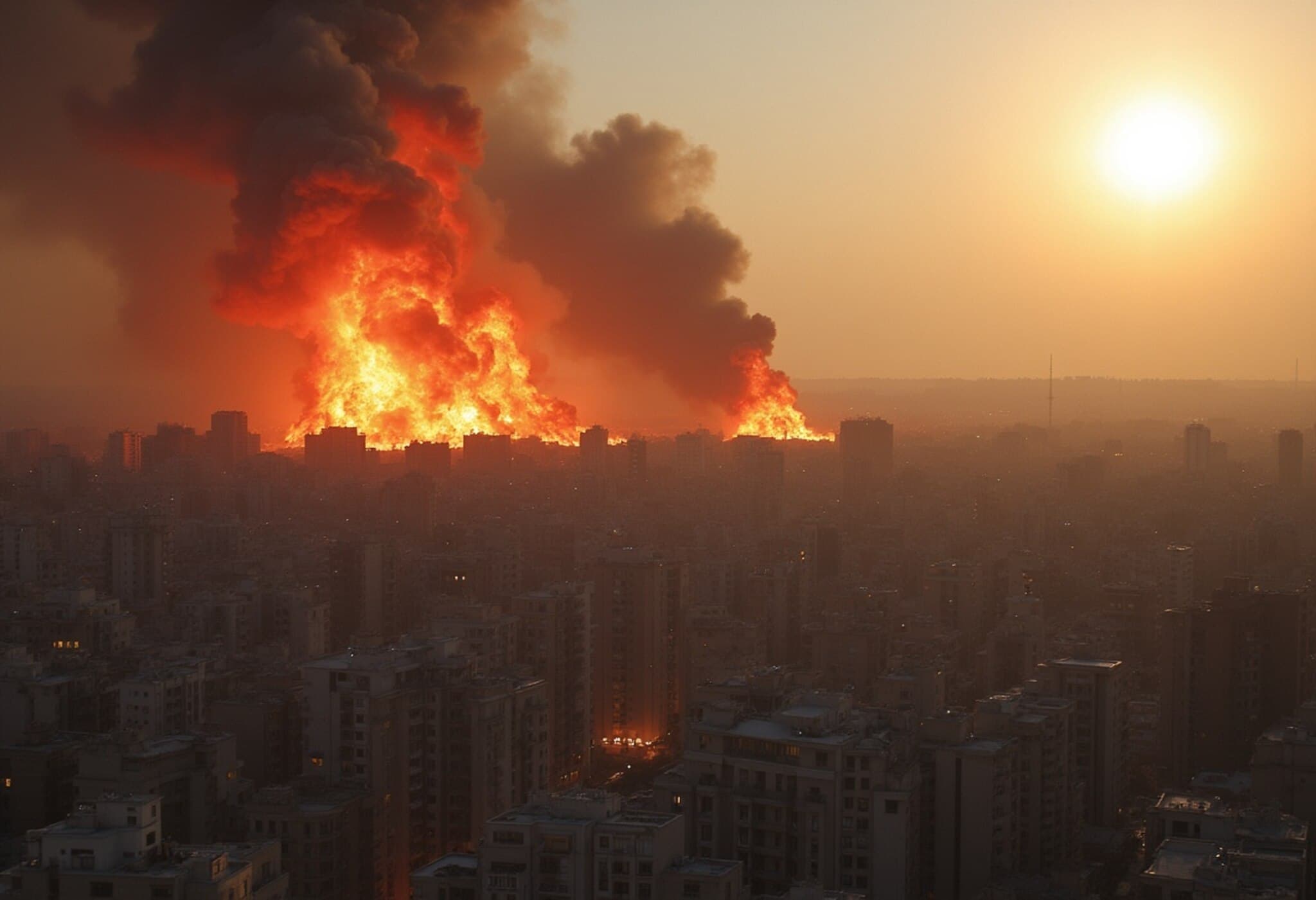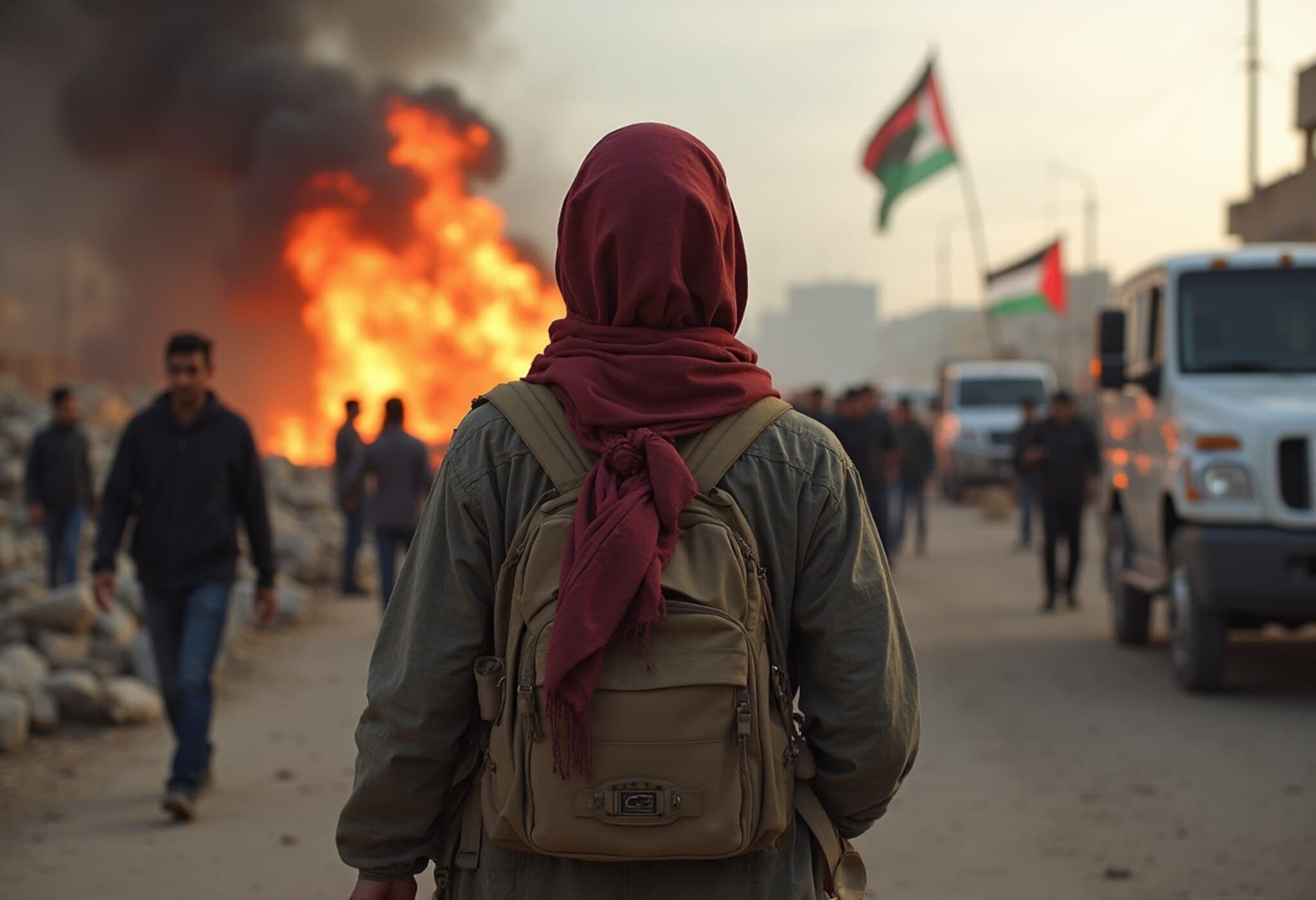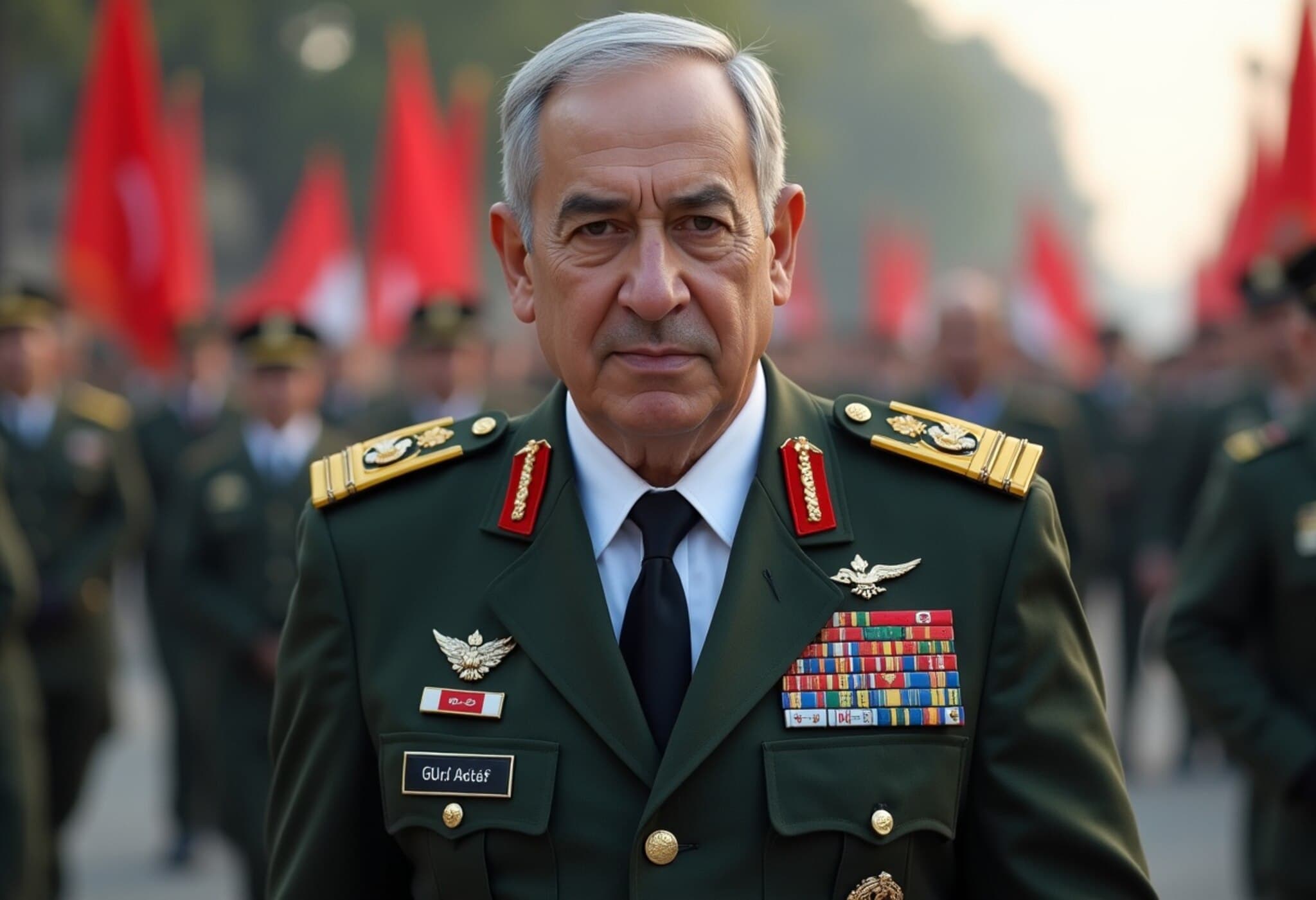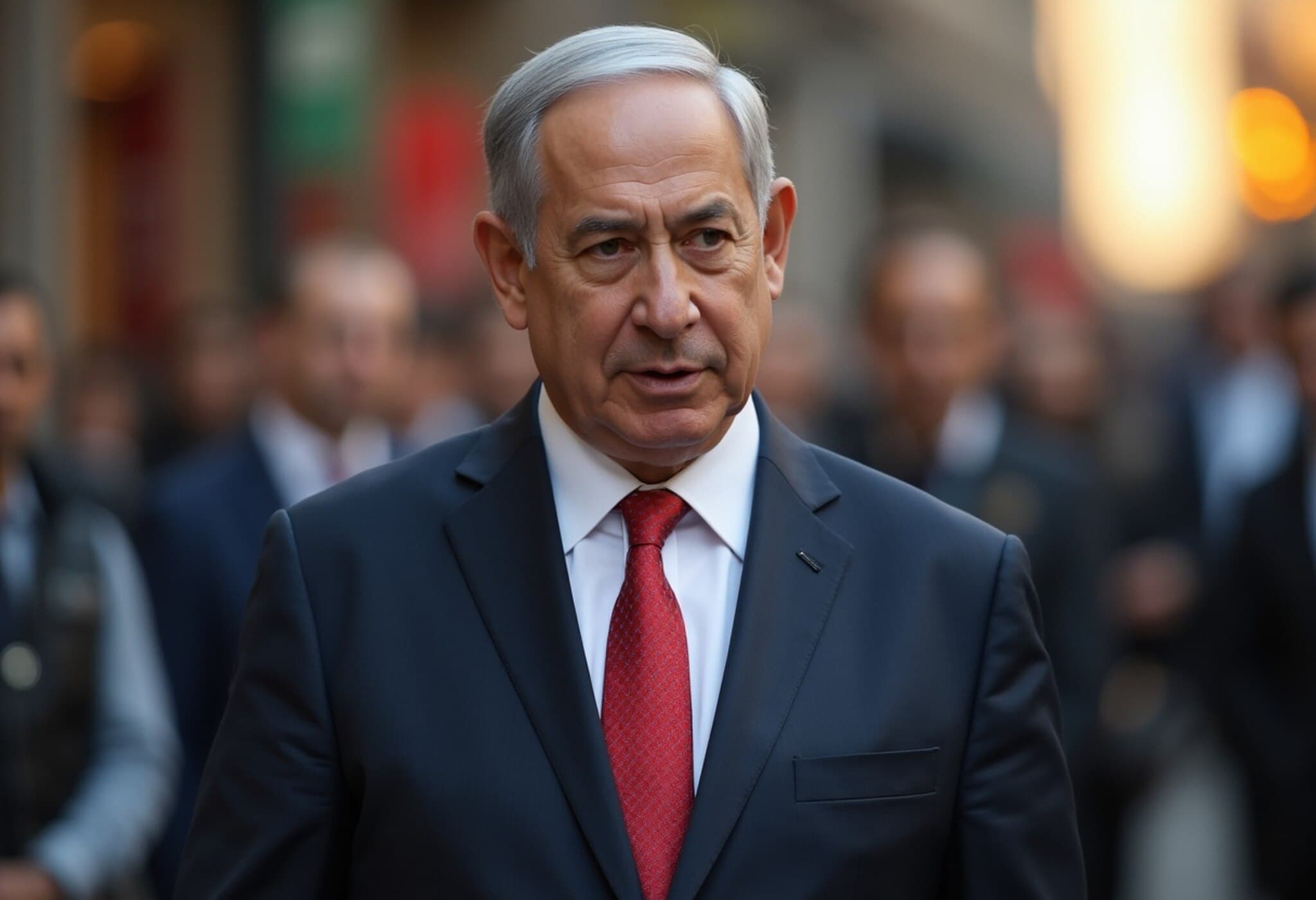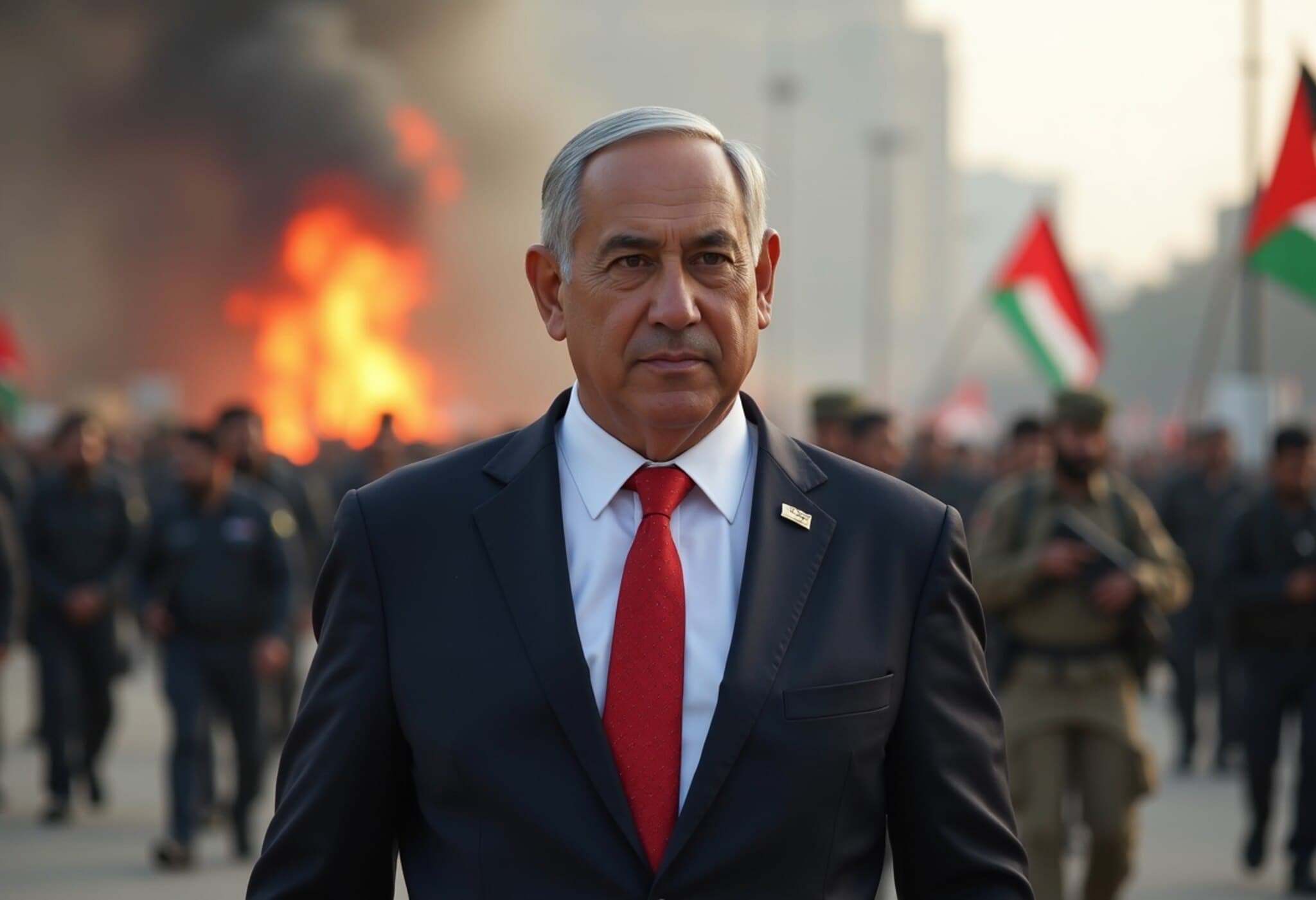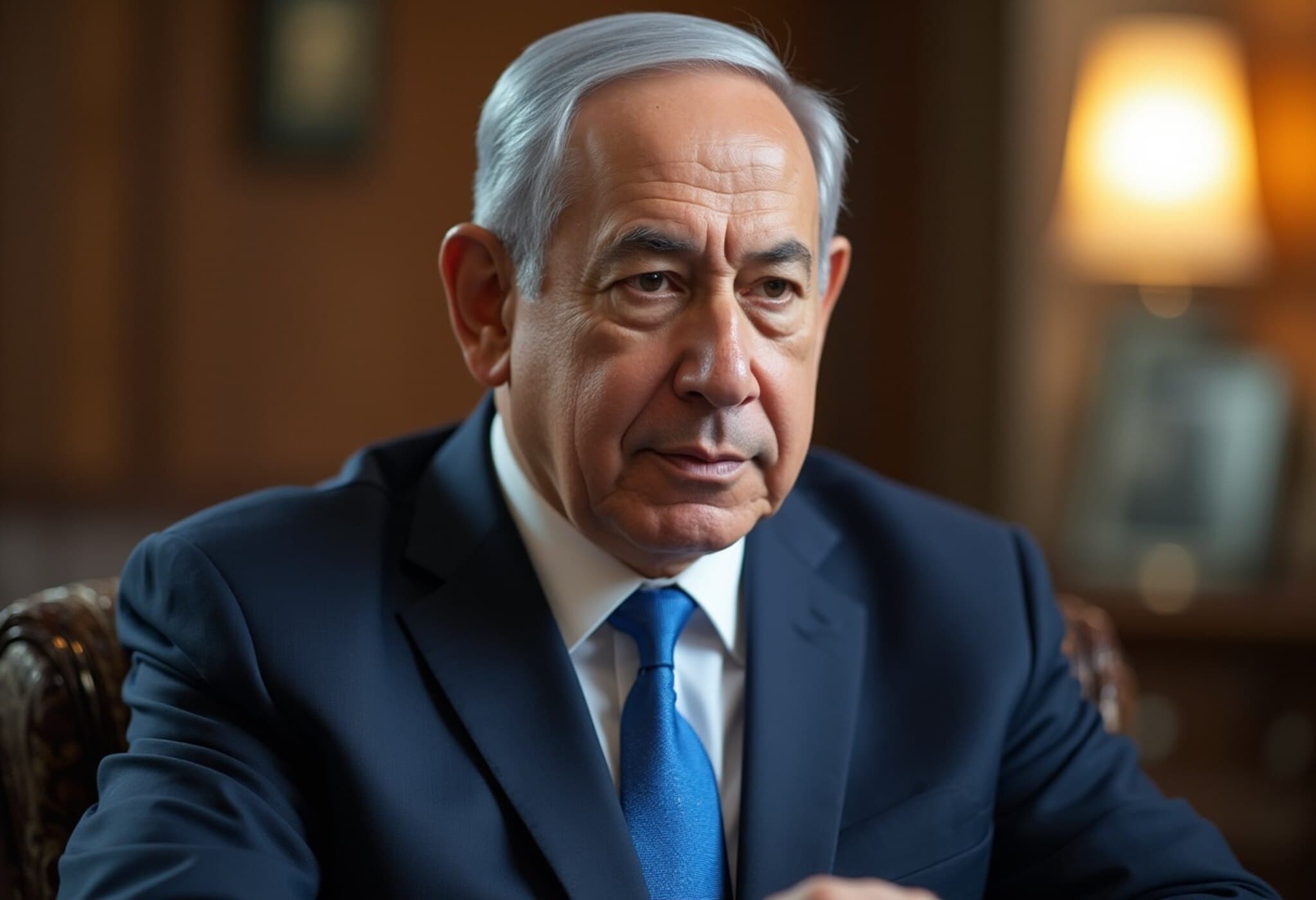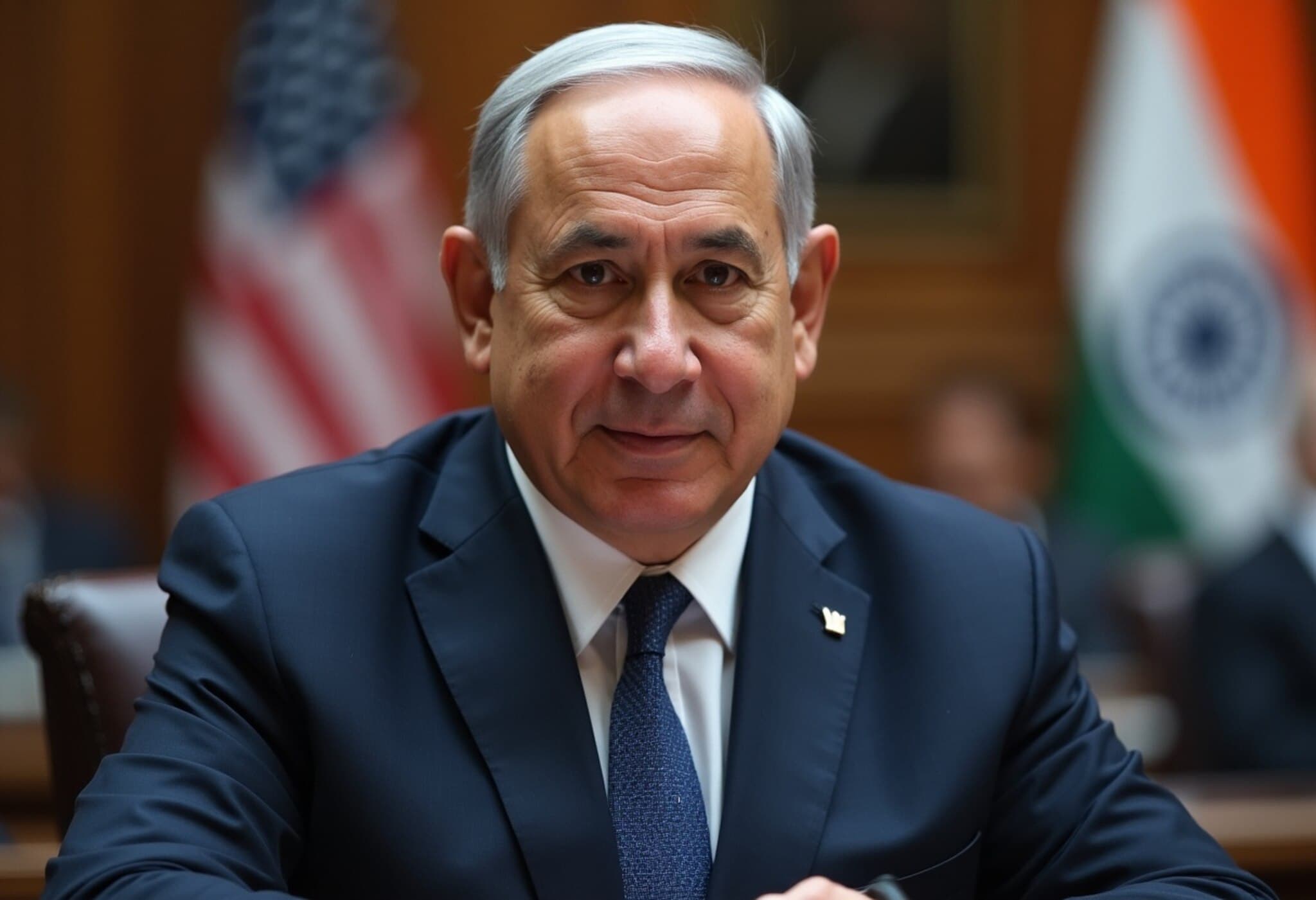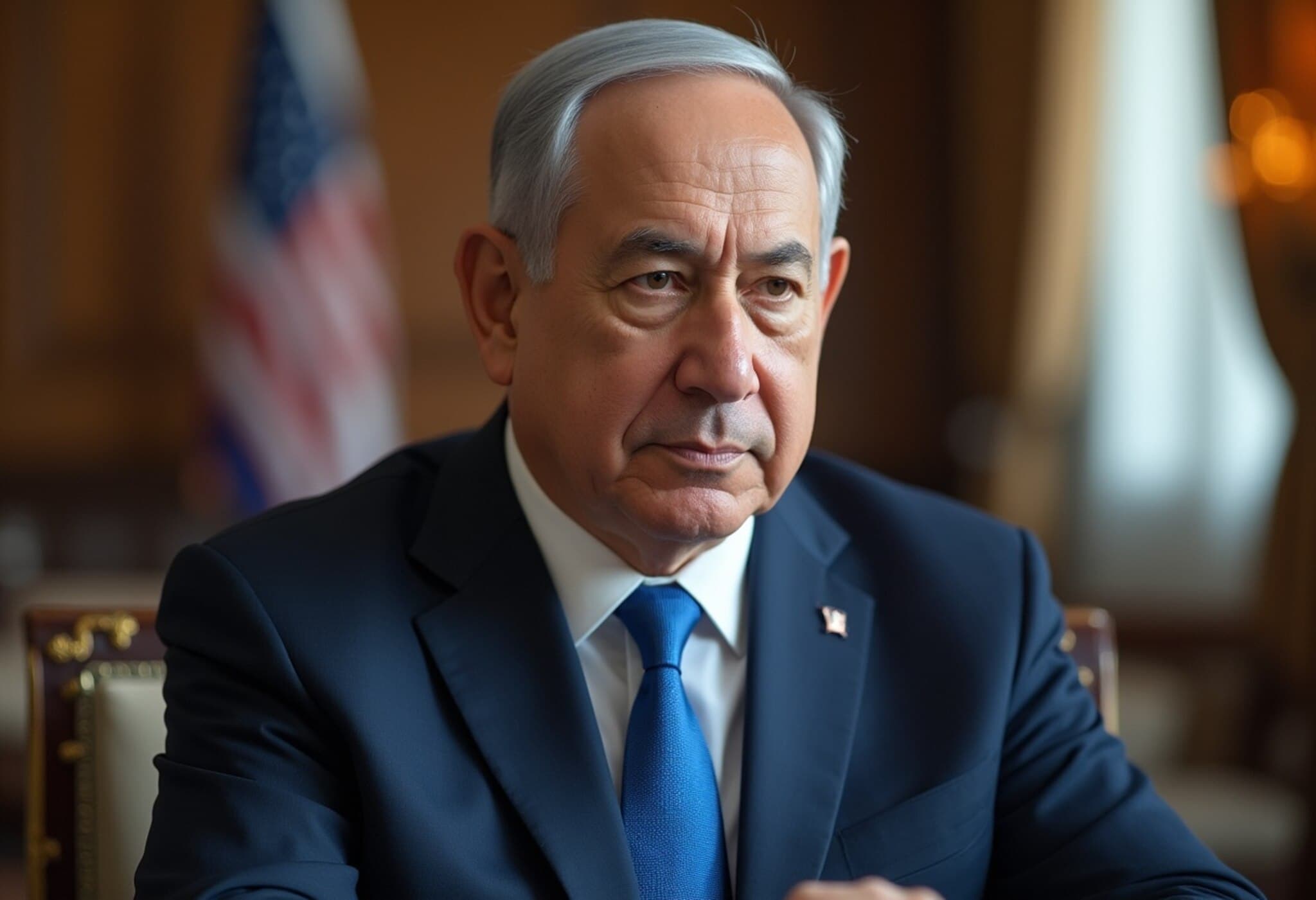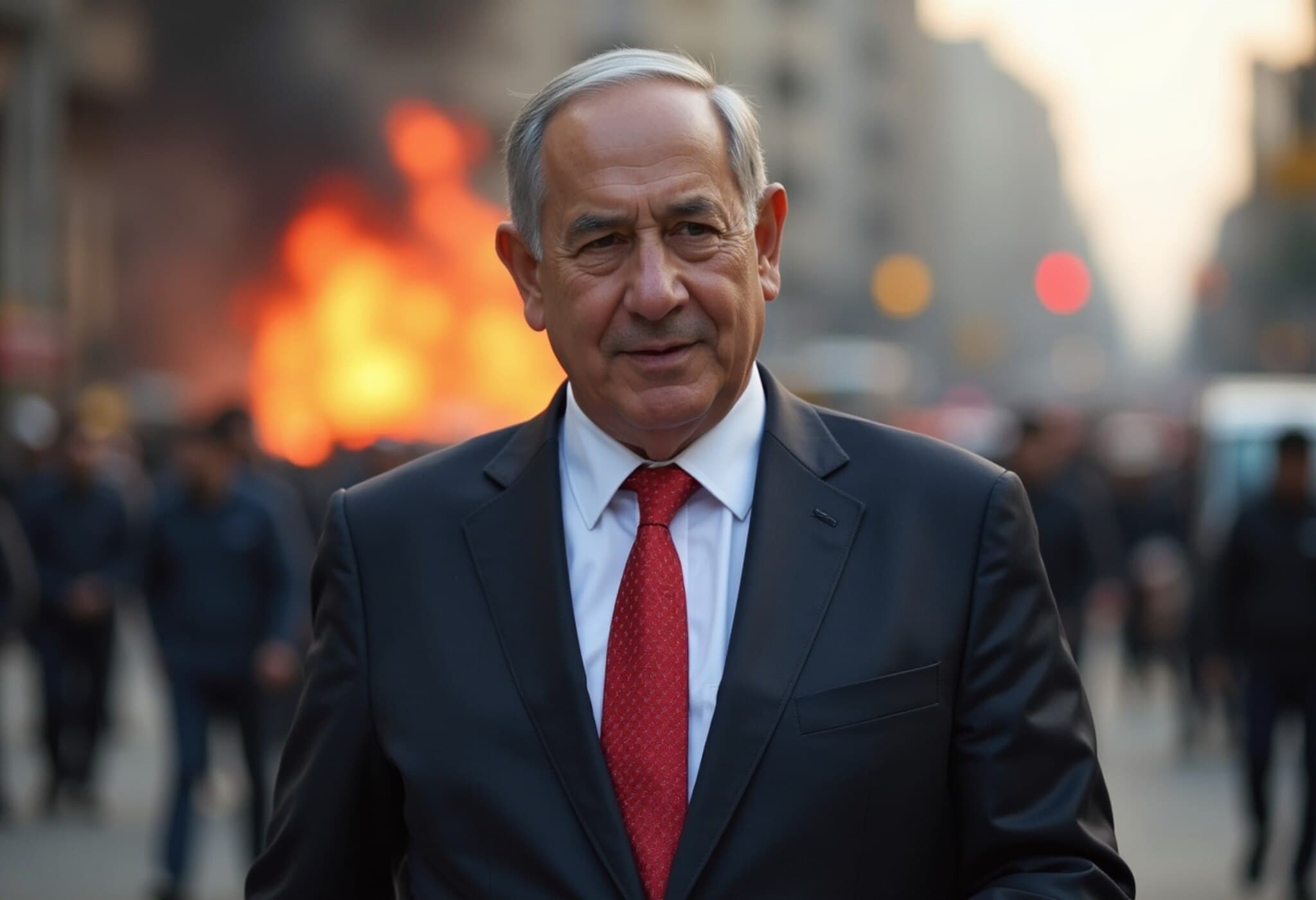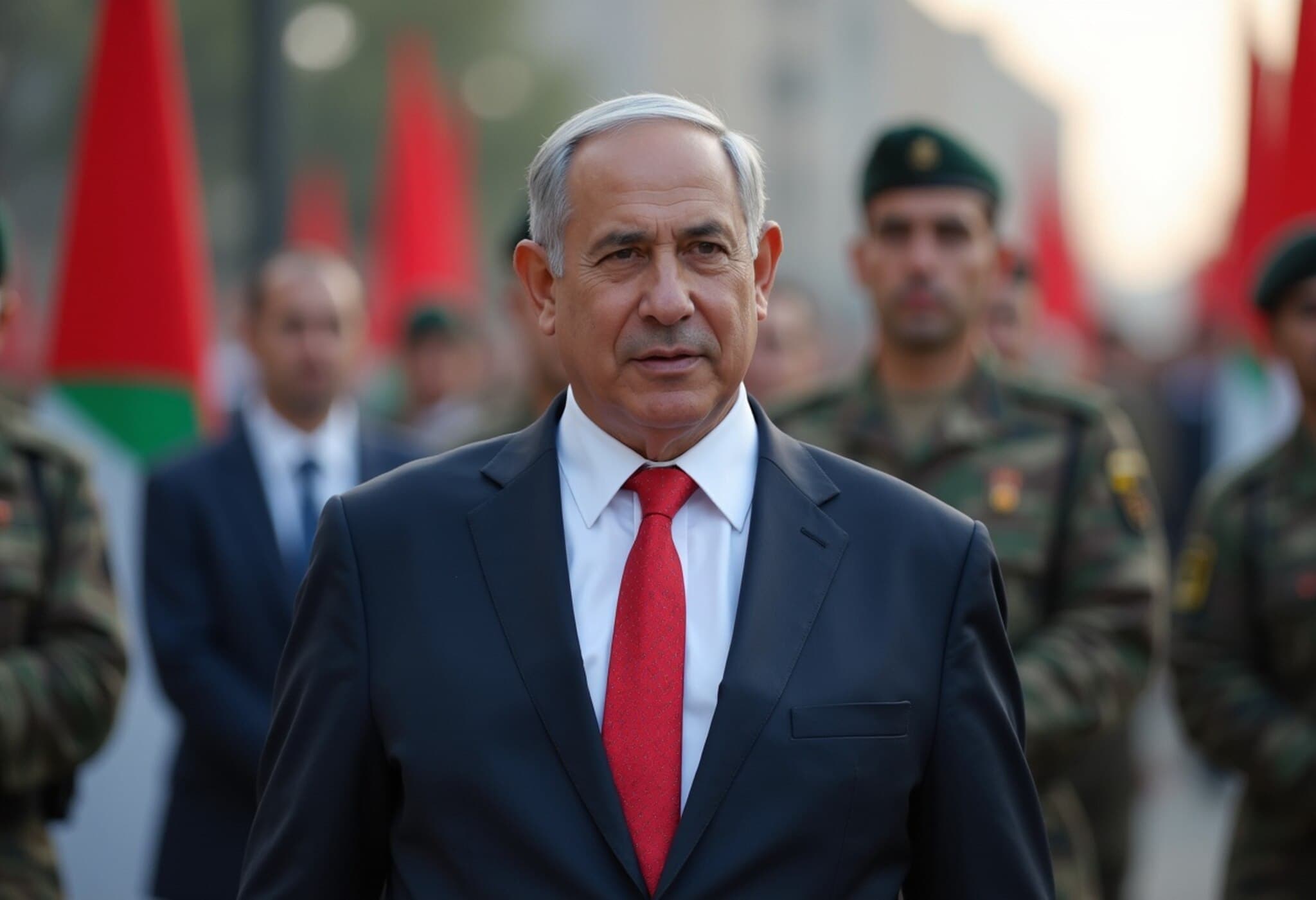Israeli Hostage Families Call for Nationwide Strike Over Gaza Offensive
In a heart-wrenching development amid the ongoing Israeli-Gaza conflict, families of Israeli hostages held in Gaza have intensified their calls for peace and action. The Hostage Families Forum, representing relatives of those abducted by Hamas during the October 7, 2023 attack, has announced plans for a nationwide strike this Sunday. Their demand is clear: a cease-fire agreement to secure the safe release of their loved ones.
Prime Minister Benjamin Netanyahu’s recent announcement to escalate military operations, including a proposed takeover of Gaza City, has deeply unsettled these families. They fear that widening the assault in densely populated areas will endanger the remaining hostages, some of whom have appeared visibly weakened in recent communications, such as Evyatar David, whose emaciated appearance in a Hamas video has fueled fears.
Hostage Families’ Plea: Cease-Fire Before Further Military Action
“Silence only deepens the sacrifice of our loved ones in an endless war without clear goals,” said the Hostage Families Forum in a poignant public statement. They are urging all Israelis to join their strike as an expression of national solidarity and moral urgency, seeking to press the government to prioritize humanitarian considerations over continued military escalation.
This strike call comes at a time of heightened tension, as Israel’s security cabinet recently approved plans to take control of Gaza City—a move with significant operational challenges and grave humanitarian consequences due to the city's densely packed civilian population.
Mixed Responses to Strike Call
Despite the emotional weight behind the strike, the response across Israeli society is mixed. The Histadrut, Israel’s largest and most influential labor union, has declined participation, citing limited practical outcomes from past strikes. Its leader, Arnon Bar-David, reflected a deep frustration: “Although my heart is bursting with anger, it has no practical outcome.” This stance highlights the complex interplay between public sentiment, political strategy, and military imperatives in Israel’s protracted conflict.
Current Situation of Hostages in Gaza
The October 7 attack led to approximately 250 Israeli citizens being taken hostage by Hamas and allied militants. Over time, more than 100 have been freed through brief cease-fires or rescue operations, but around 20 are still believed alive within Gaza, with others’ fates uncertain. The families’ anxiety escalates particularly with ongoing military preparations that could jeopardize delicate opportunities for negotiation and jeopardize hostage safety.
Anat Angrest, mother of kidnapped soldier Matan, voiced profound concern: “While efforts are underway to bring him back, at the same time, these actions risk both his life and the lives of others.” Her words underscore the heartbreaking dilemma families face—between the desire for swift military justice and the hope for negotiated releases without further bloodshed.
The Broader Human Cost in Gaza
Meanwhile, Gaza health authorities report a staggering death toll of over 60,000 people since the conflict’s escalation, including thousands of children, though distinguishing combatants from civilians remains a challenge. Israeli officials acknowledge the looming difficulty of urban warfare in Gaza City, estimating that large-scale ground operations would require weeks of preparation, including mobilizing reserves and civilian evacuation strategies.
This preparatory period, advocates argue, presents a critical window to pursue dialogue aimed at securing hostages’ freedom rather than intensifying combat.
Expert Analysis: Navigating a Complex Crisis
The unfolding situation paints a grim picture of conflicting priorities: Israel’s government pursuing decisive military objectives to neutralize Hamas’ capacity, while hostage families embody a human plea for peace and negotiation. This tension reflects a broader policy challenge faced by democracies in asymmetric warfare—balancing national security imperatives with humanitarian responsibilities.
Legal scholars point out that international humanitarian law mandates the protection of civilians and hostages, raising pressing questions about the ethics of escalating urban warfare where noncombatants, including captives, may be directly imperiled.
Economists and policy analysts highlight potential ramifications, warning that prolonged conflict may strain Israel’s social fabric, dampen economic stability, and affect international support. Simultaneously, grassroots calls like the planned strike emphasize the power of civil society to influence policy, even against entrenched military strategies.
Looking Ahead
As Israel prepares potentially to transform its approach in Gaza, the voices of hostage families serve as a crucial reminder that behind every geopolitical calculation lie real lives at stake. Whether their call for a strike and cease-fire gains traction will depend on multiple factors, including public response, political will, and the evolving security landscape.
Ultimately, this crisis invites deeper reflection on how countries can navigate the delicate balance between security and humanity amid protracted conflicts.
Editor's Note:
The planned Sunday strike by Israeli hostage families lays bare the profound human anguish amid geopolitical conflict. Their demand for a cease-fire challenges prevailing assumptions about military strategy and raises critical ethical questions about protecting vulnerable captives during urban warfare. As the international community watches closely, questions remain: Can diplomacy prevail in time? Will civil society impact government policy effectively? And at what human cost will military objectives be pursued? These dilemmas underscore the urgent need for balanced solutions that honor both security and humanity.

